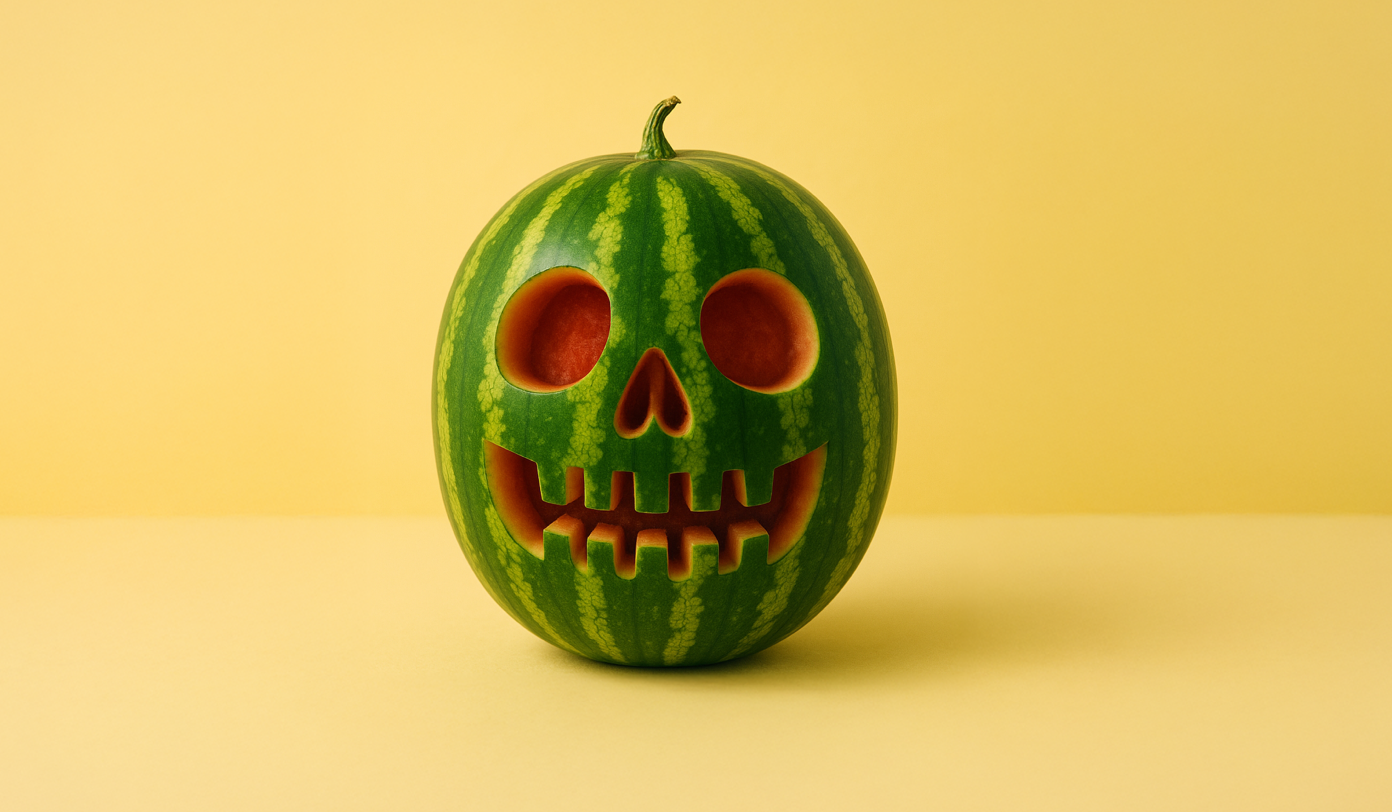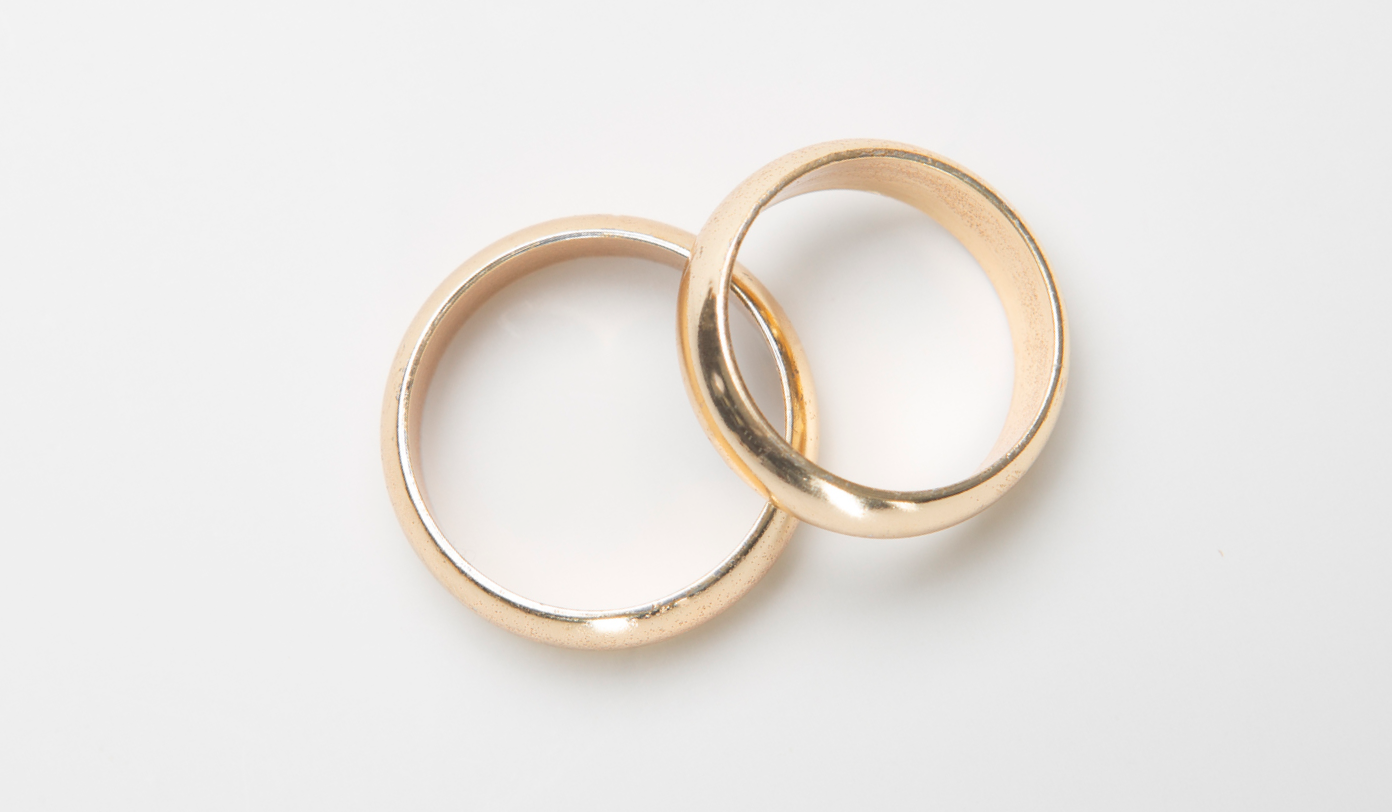
Some numbers matter more than others. Numbers like 30, 40, 50 - the round numbers that mark milestones of adulthood. A 2014 study found that we really do self-reflect more and engage in new searches for meaning as we approach a new decade in chronological age.
Across our different data sets, we track consumers from 8 to 80 and beyond. And with some clever analysis, we can see how each decade is distinctive.
If you make two audiences - one of people in their 30s and another in their 20s - and comb through our platform looking for differences between them, you start to piece together how each decade of your life will differ from the next. And you can repeat this exercise as far as you want to go, teasing out the particulars of each life period.
We’ve spent some time crunching the numbers to map out a compelling (if slightly terrifying) life narrative, grounded in data, based on these decade transitions. To keep it consistent, we’re limiting our analysis to just the UK, drawing from our Core and Core Plus data sets.
So without further ado, here is your life in data.
Milestones of your 20s: Employment, first paycheques and city living
Let’s start with your 20s. What changes when you exit your teens? Well, you’re likely to graduate university and start working full-time, but also go through periods of unemployment. If you’re in the UK, chances are you’ll move to London.
Once you start work, some habits have to change. You don’t watch as much early morning TV, and you’ll probably stop playing games like Roblox. You watch less anime, and if you were skateboarding before, you probably aren’t now.
With your new disposable income you’ll likely get a credit card, and perhaps think about buying a nicer car. You’ll stop freeloading off your parents’ Netflix account, and upgrade your phone more often. You look out more for premium products, you might pick up a smartwatch, you go to restaurants more regularly. You might buy your first pair of Loboutins.
You’ll get on the dating apps. You’ll go through relationships, maybe you’ll get married. You might get a pet. As you meet your partner, you’re likely to think it’s more important to maintain traditional gender roles.
You’ll start buying groceries for yourself. You’ll start drinking coffee more often. You’ll start wearing foundation, and you might start using anti-ageing skincare. You’ll start listening to podcasts and audiobooks. You might pick up running. You might get interested in the theatre. You’ll probably buy an iron - life comes at you fast, huh?
Milestones of your 30s: Family building, career climbs & spending shifts
Now we enter the 30s, the milestone that caused Rachel such consternation in a famous episode of Friends.
In this decade you’ll probably leave houseshares behind, your partner will move in, you’ll likely get married and have children. And this means the TV and films you watch, and where you go on vacation, are much more influenced by your new offspring. With your new responsibilities, you’ll stop watching as much late-night TV.
Some will become stay-at-home parents, while others will climb the career ladder. Those that do will probably become a manager, move to a bigger company, and start controlling budgets. But as you progress, you’ll become less money-driven and career-focused. Your income will increase, and you’ll probably get a pension, but with kids on the scene, you’ll actually get more nervous about your future finances.
Likely to be falling by the wayside in your 30s are self-tan, athleisure, and feeling fashion-conscious. You’ll probably lose the taste for Jägermeister, but get a new appreciation for red wine and whiskey.
Research indicates that people’s favorite music is generally released in late adolescence, so it’s little wonder you stop talking about music online as much, and become less likely to buy a sound system.
Milestones of your 40s: Health, suburbia & value hunting
Testosterone levels in men tend to decrease from around the age of 40, which might explain why at this point in their life they become less ambitious, less interested in being successful, and less interested in UFC. They may also lose their hair.
The 40s is when you start to think more about your health, and NHS check-ins become a part of your life. You might develop a physical disability. Your body can’t recover like it used to, so you stop playing football, become less interested in playing sport, and less likely to buy home exercise equipment.
Amid these changes you might start buying anti-aging creams, using SPF products, using probiotics, eating Dorset cereals, and shopping at Holland & Barrett.
You’ll probably move to the suburbs (getting a hatchback in the process), and generally become more homely. You’ll start making coffee at home; you might even pick up a breadmaker. You care more about recycling, and protecting your personal data. You’ll be more likely to read The Economist. You feel less affluent, but you might pick up a luxury watch.
As you enter your 40s, you become less likely to buy Speedos, play The Sims, or use Snapchat. You lose the taste for tequila, but you buy seafood more.
You become more price-conscious and less bothered about standing out in a crowd. You lose your sense of FOMO, and unwind your parasocial relationships as celebrities and influencers matter less to you.
You become less interested in romance (on TV at least).
Milestones of your 50s: Empty nests and menopause
As you get to your 50s, your children will probably leave home. They’ll be less of a factor in your choice of TV shows or holiday destinations. Your odds of having arthritis increase, which might explain why you start using tablet devices more.
If you’re a woman, you’ll likely have gone through menopause, which makes you much less likely to buy feminine care products and contraception, and you worry less about acne. You care less about brands improving your image. Men, continuing their gradual decrease in testosterone, lose interest in taking risks, playing fighting games and following WWE.
Health becomes even more of a factor in your life, and by now your habits have probably changed. You’ll eat less fast food, have fewer energy drinks, eat more fat-free options, and stop having smoothies for breakfast. Starbucks, and particularly chocolate-filled mocha coffees, lose their appeal. Chocolate boxes become saved for special occasions. When you buy toothpaste, you think less about its whitening capabilities and more about how it can prevent plaque and tooth decay.
You might move out to the countryside, you might become self-employed. You accordingly get more interested in gardening, though you run less often, and dance music is less of a factor in your life.
You start thinking more about animal welfare when you shop, and if you weren’t before, chances are you’ll be wearing glasses by now.
Milestones of your 60s: Retirement, travel, and grandkids
In your 60s, you’ll probably retire. Out of the workforce, you no longer need to listen to music on your commute, you buy newspapers less often, and you listen to the radio less in the afternoon. You feel it’s less important to be successful.
Retirement lets you travel more, and you’ll take more foreign trips. Your savings will have accrued more and your household wealth will probably be near its peak. Reduced interaction with other people might increase your preference for shopping in-store. You might join the National Trust, subscribing to their magazine in the process, and buying a digital camera for your days out. Gardeners’ World also starts to look more appealing.
Your children are adults now, and grandchildren will likely appear in your life, though your pets are likely gone. You might actually increase your alcohol consumption, though you probably feel too old for Ben and Jerry’s ice cream, Monster Munch crisps, and Kinder chocolate. You swap out chocolate spread for jam.
Your health might become a more serious matter at this point, with the probability of hearing conditions and cancer increasing.
Milestones of your 70s: Exercise ends, laxatives begin
If you weren’t retired before, you almost certainly will be now. You may lose a partner and enter widowhood. You’re less likely to buy makeup and more likely to cut your hair short. You have to take it easy on your heart these days, so you lose interest in theme parks, as well as horror films and series.
You have to think more about your gut too, so you pick up more fibre supplements, Fruit 'n Fibre cereal, and laxatives. You’re probably not eating sweets and chocolate at this point, but you might eat more frozen dessert, especially as you might require dentures.
You’re likely to stop running, cycling, doing gym workouts and dance classes. Music becomes less important to you, and you stop looking out for new artists and live shows.
As an old dog, you have less need for new tricks, and so it becomes less important to learn new skills. But you donate to charity more often, and are more concerned about making sure your food is fair-trade.
Advertising likely doesn’t feature you at this point of your life, and you become more likely to try and avoid it. You stop buying soft drinks.
You’re likely to be struggling with your hearing at this point, with a greater chance of using ear drops. And you may stop going to the cinema, but your enjoyment of classical music increases, especially Classic FM.
Milestones of your 80s: The end of the road (for driving at least)
In your 80s, you might get a visual impairment, and you will probably stop driving. You want to keep your mind sharp, so you pick up puzzle and culture magazines. You might have lots of grandchildren at this point, so you buy more gift cards and invest in bonds.
You stop dyeing your hair, and you might get it permed.
You might develop a taste for jazz music, and have a renewed interest in sharing your opinion online. You might start reading The Telegraph and Private Eye.
Your teeth have a bigger say in what food you eat, with tinned fruit and pre-prepared soups becoming more important. If they’re still making them, you’ll probably prove the stereotypes are true by eating Werther’s Originals.
But as you go through life, and encounter all of these changes, one thing stays resolutely consistent. In the UK at least, regardless of how old you are, your belief in equal rights hardly wavers.




.webp?width=495&height=317&name=pink_thumb_graphs%20(1).webp)
.webp?width=495&height=317&name=pink_thumb_letter%20(2).webp)